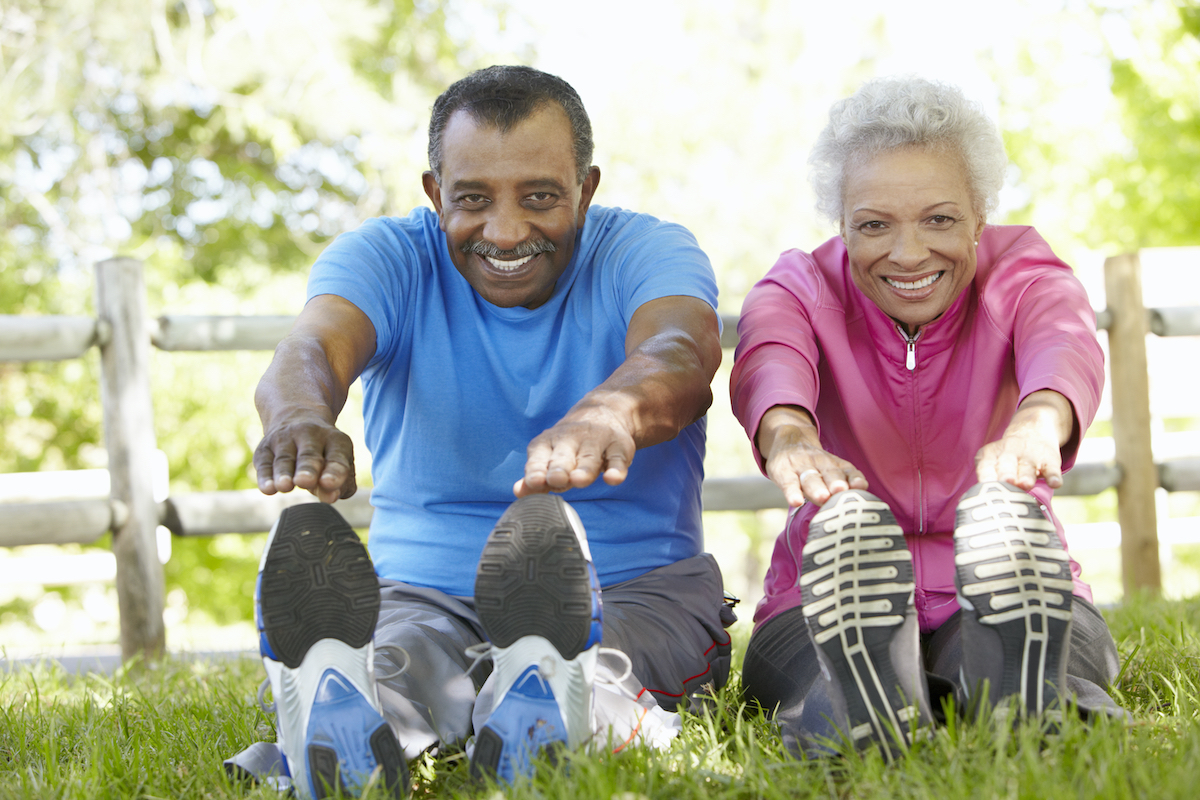This Is The Exact Age Your Metabolism Starts Slowing, Says New Study

You can probably recall the stage in your life when you started to notice that weight just wasn’t dropping off as fast as it had when you were younger. If you’ve ever been discouraged because you can look back and pinpoint the exact period when your metabolism started to taper off… actually, according to a compelling new study, you’re probably wrong. Here’s why that’s a good thing.
A new study published Thursday in Science reveals that the age when our metabolism starts to slow down is actually much later than most of us (and many researchers) previously thought. Keep reading to learn what could be some of the most encouraging news about your fitness in years. Also, if you love this, don’t miss The #1 Best Food to Boost Your Metabolism, Says Dietitian.
This was one of the most thorough studies on metabolism in history.

As a New York Times report pointed out this week, over 80 researchers from 63 teaching institutions (located throughout North America, Europe, Asia, Africa, the Middle East, and the Caribbean) submitted data to be compiled and analyzed for the study.
The data had been taken over 40 years from 6,500 people between the ages of eight days old and 95 years.
The findings may shift what you believed about age and metabolism.

The study found that the speed of our metabolism is influenced by what the authors refer to as “four distinct life stages.” Here’s what they are:
- Infants up to one year old have the fastest metabolism (about 50% faster than adults);
- After a year old, metabolism “declines slowly to adult levels” by approximately 20 years of age;
- Metabolism “remains stable in adulthood (20 to 60 years), even during pregnancy;
- Then, the researchers report, our energy expenditure “declines in older adults” by about 20%, to age 95. (This “may mean that crucial organs are functioning less well as people age,” since our heart, liver, brain, and kidneys account for 65% of our resting metabolic rate, the New York Times reports.)
The study also dashed common beliefs about gender and metabolism.

While diet apps, fitness machines, electronic bodyweight scales, and others often call on you to select your gender—since the conventional understanding is that men burn more calories than women—this study found no difference in energy expenditure between the two genders when the researchers controlled for other factors.
(Feel like celebrating this news? Check out The 10 Best Date Night Restaurants in America, Data Shows.)
The onset of menopause also wasn’t a major player.

And, while the researchers were anticipating the forties would see a slowdown in energy usage (especially for women, coinciding with the start of menopause), lead author Herman Pontzer, PhD, an evolutionary anthropologist, said: “We just didn’t see that.”
There are other possible factors in metabolism…

This study might inspire you to reflect about that time when you thought your metabolism significantly dropped. It’s very possible that was also the timeframe when you began to sit for around a third of your day at the office, or when family, the house, or other responsibilities crept up to steal away the minutes that you’d previously spent exercising.
You know the keys:

Finding ways to eat healthy and stay active (and, when possible, engage the people in your life to do it with you) is a surefire approach to keep your fitness and physiology both in tip-top shape.
Sign up for the Eat This, Not That! newsletter for daily wellness news to help keep you on track. Also, keep reading:








